Mikumi has been partly compared to the northern parks of Tanzania for its vast floodplain grassland, shrubland and forest areas, populated by herds of ponderous elephants, hump-backed wildebeests, aggressive buffalos, coquettish zebras, giant elands and graceful impalas, with their attendant predators, from lions, leopards, hyenas to the rarer wild dogs.
Numbers are not as large as Serengeti because there are no migratory movements here, but you are not as crowded on an intimate Mikumi tour with Lemala Adventure by game-viewing jeeps as you would be if your Tanzanian wildlife vacations were based in the Ngorongoro Crater and central Seronera parts of Serengeti.
Wild African painted dogs course their prey for great distances, working co-operatively and communicating by high, birdlike yelps. They rarely fail to bring down their selected victim. Threatened elsewhere in East Africa, few of them thrive on the Mkata flood plains despite the Tanzam Highway which transects the park.
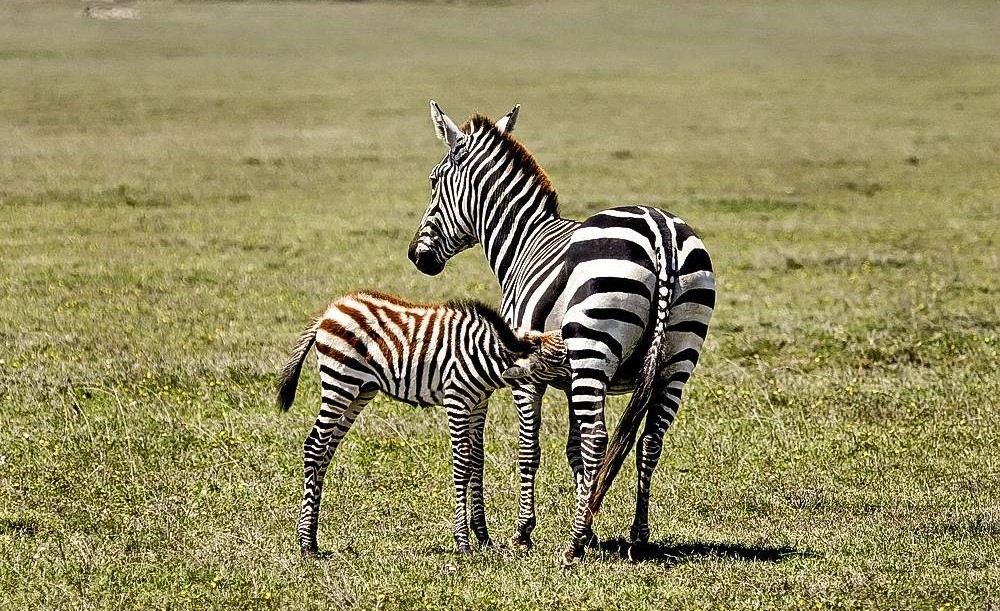
In the wet season, driving is difficult on the saturated black cotton soil of the plain, but in the north of the park, hippo pools are fringed with hundreds of wading birds. In the south, families of yellow baboons groom each other on the murram roads and vervet monkeys’ swing and play in the undergrowth.
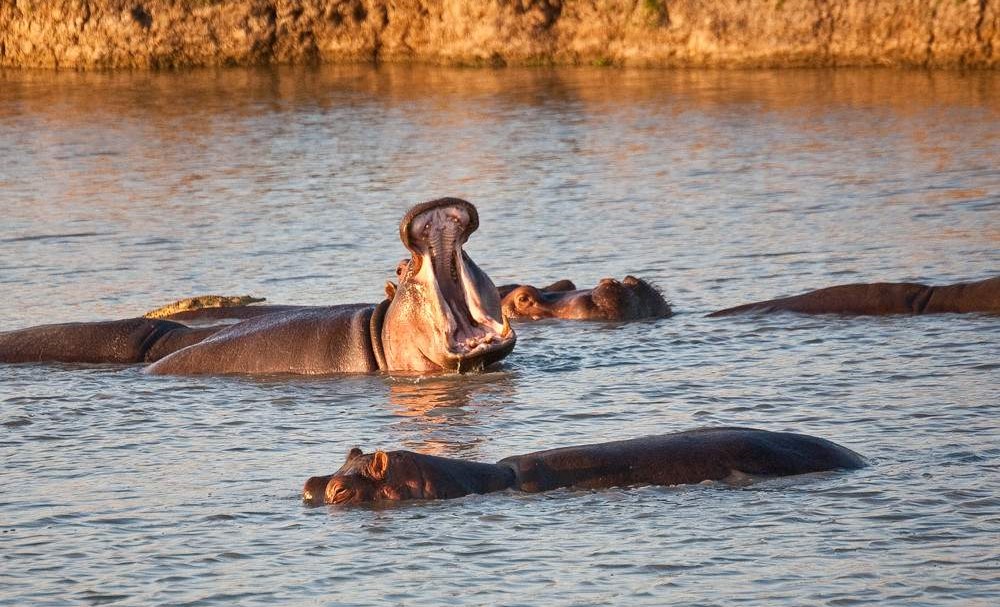
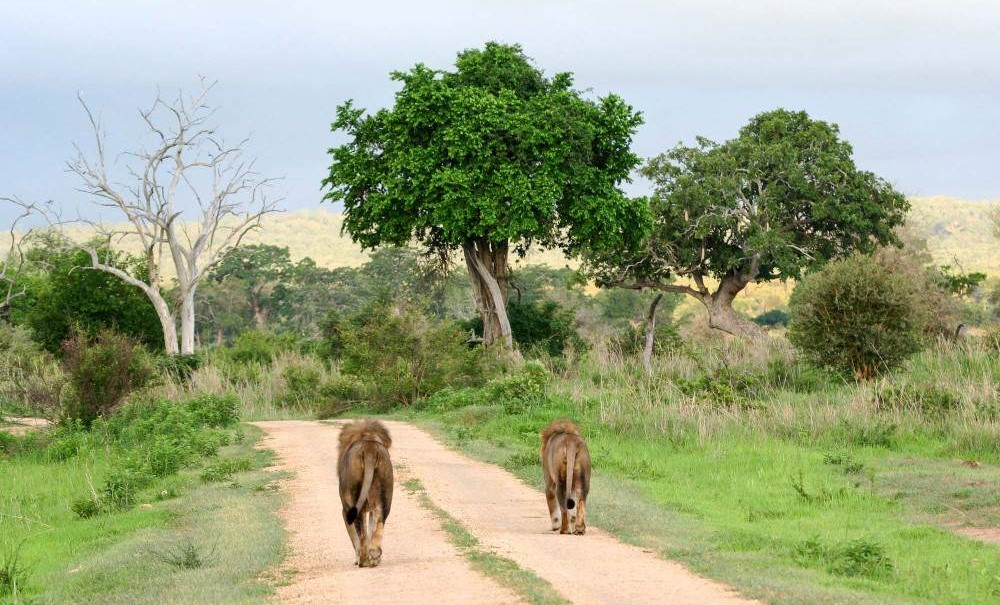
As at Selous, there is as wide a range of habitats for a great number of rare or endangered species, but here, you can track them better, since Mikumi is more easily accessible and crossed by many trails, which originated infamously as caravan tracks on slave routes and the paths of ivory traders, long before Burton and Speke explored them, to pronounce Mikumi one of the most beautiful places to be seen on journey in Africa.
In the dry, from June to October, the plains teem with ungulates and you may spot tree-climbing lions that have learned to get a higher vantage point as a hunting strategy, and also to keep away from tsetse flies. Grass-foraging elephants are smaller than those in other parks, probably because the larger males were repeatedly culled for their ivory at the peak of the yesteryear trade before than global ban. A possible subspecies of giraffe seldom seen on safari in Tanzania’s northern parks is also found here, distinguished from the Maasai and reticulated giraffes by its unusual markings.
In the foothills to either side of the plain, miombo forest shelters many rare and endangered species, including the majestic, deep-chested sable antelope with its thick, burnished chestnut coat and great arcs of horn. Goat-like roan antelopes, Lichtenstein’s hartebeest, with the rear-end of a horse and the horns of a cow, and the greater kudu, stiff-maned and softly bearded with striped haunches to camouflage it in sun-dappled shrubland are all to be found on an outback safari.
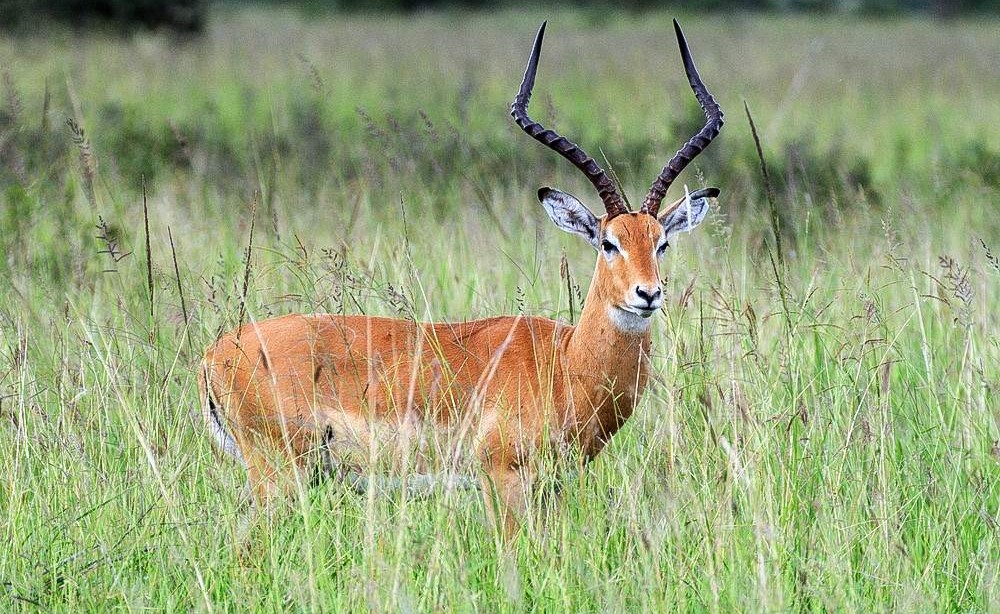
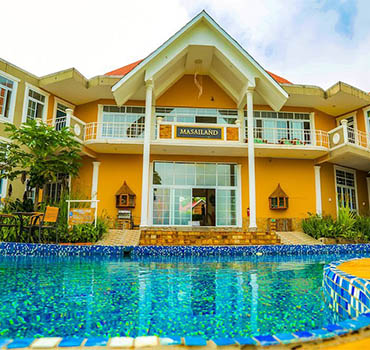
More About Masailand Lodge

More About Gran Melia Hotel

More About Gran Melia Hotel
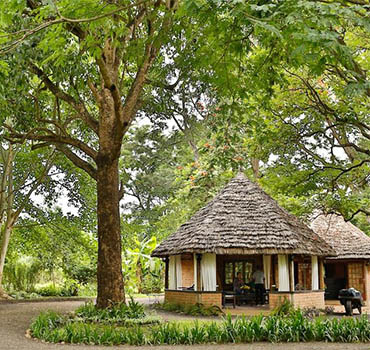
More About Rivertrees

Providing best travel experince to anyone from any corner.
Providing best travel experince to anyone from any corner.
Providing best travel experince to anyone from any corner.